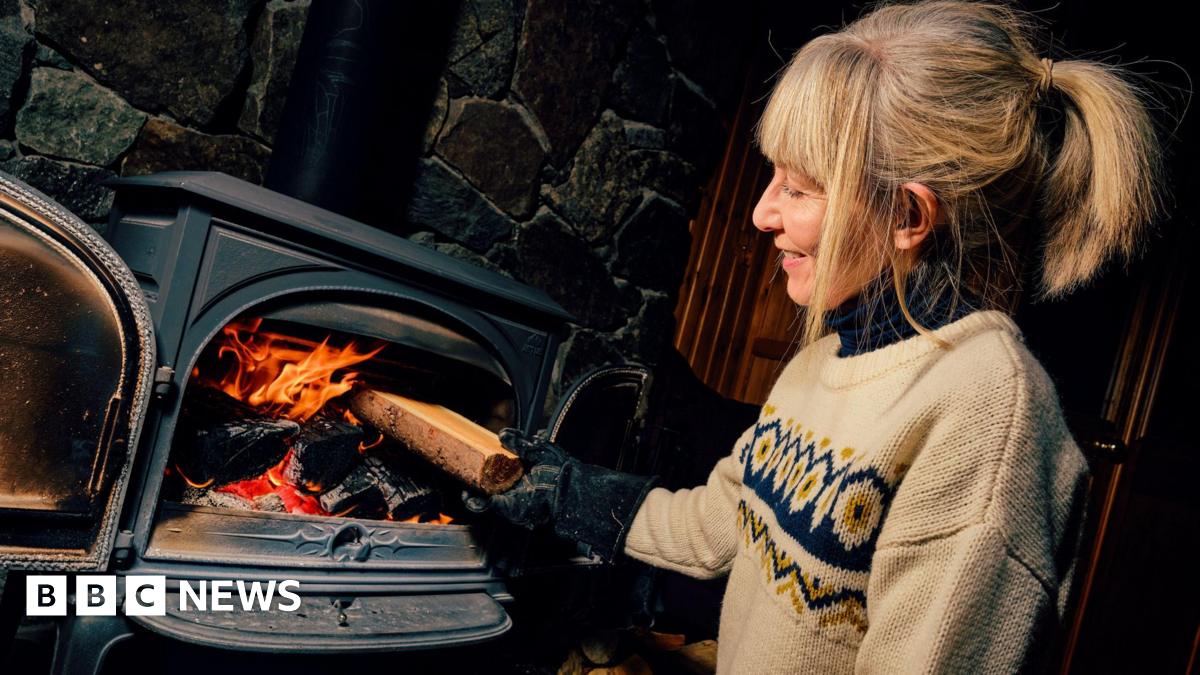Scientists analysed PM2.5 samples collected in 2021 and 2022 at two sites in Birmingham.
They found wood-burning concentrations seven times higher than those observed between 2008 and 2010.
They also discovered that the impact of wood burning was particularly pronounced during winter months, contributing to half of PM2.5 concentrations, a seasonal spike put down to people heating their homes more due to the colder weather.
The lead investigator of the study, Prof Zongbo Shi, admitted he was surprised by his own findings.
He said it “demonstrates the huge impact” burning wood at home has.
Prof Shi added he hoped it would make people consider “if there is a real need to use their stoves”.
Researchers at the university estimated that, annually in the West Midlands, up to 2,300 premature deaths arose from long-term exposure to PM2.5s.

